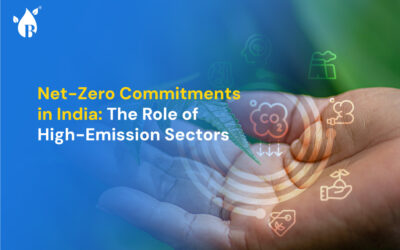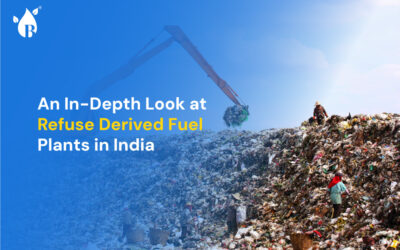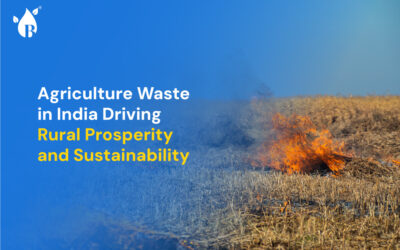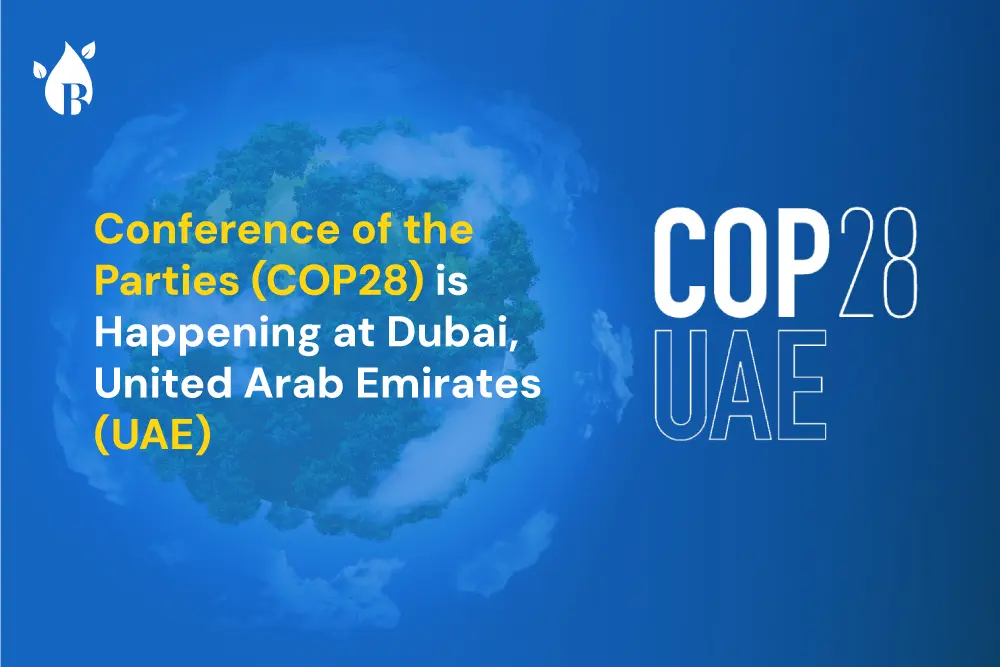
The 28th edition of the United Nations Climate Change Conference (UNFCCC), known as COP28, is taking place in Dubai, United Arab Emirates, from November 30 to December 12, 2023. This pivotal event will host the 28th meeting of the Conference of the Parties (COP 28) and the fifth meeting of the COP serving as the Meeting of the Parties to the Paris Agreement (CMA 5). Since its inception in 1992, the COP conferences have been annual gatherings focused on enabling governments to collaboratively devise policies to curb global temperature increases and address the impacts of climate change.
Dr. Sultan al-Jaber, serving as the president of COP28, oversees this year’s United Nations climate conference taking place in Dubai, United Arab Emirates. In addition to his role as the UAE’s environment minister, Dr. al-Jaber holds the position of CEO at the Abu Dhabi National Oil Company (ADNOC).
Anticipated to draw over 70,000 delegates, COP28 aims to expedite the global transition to sustainable energy and significantly reduce emissions. The geopolitical backdrop, marked by recent events like the Israel-Hamas war and Russia’s military operations in Ukraine, adds extra significance to this year’s conference.
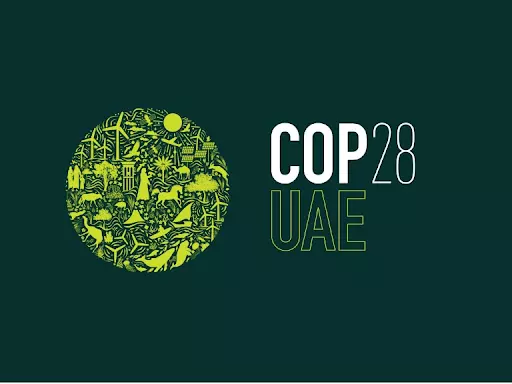
Credit: globalmediainsight
Of particular importance is India’s role as a developing nation and one of the leading greenhouse gas emitters globally. With the world’s largest population, India’s approach at COP28 is expected to balance ambition with equity. Negotiations for the country will involve a delicate give-and-take dynamic, and India looks forward to a clear roadmap on climate financing during the conference.
Key themes at COP28 encompass emissions mitigation targets, the phasing out of fossil fuels, financial contributions from developed nations, industry-led solutions, low-carbon innovation, disparities between developed and developing nations, progress on operationalizing Paris Agreement articles, the evolving role of private sector investment, and broader issues related to international relations.
Notably, the challenge of phasing out fossil fuels is particularly daunting for developing countries like India. Experts emphasize that COP28 needs to be a catalyst for decisive action, urging for a set date for the global phase-out of fossil fuels.
The COP28 summit’s two-week duration will also feature a “global stocktake” to assess progress towards keeping global warming below 1.5°C and identify additional measures required to bridge existing gaps. The urgency for tangible outcomes underscores the critical role that COP28 plays in shaping the future of global climate action.

